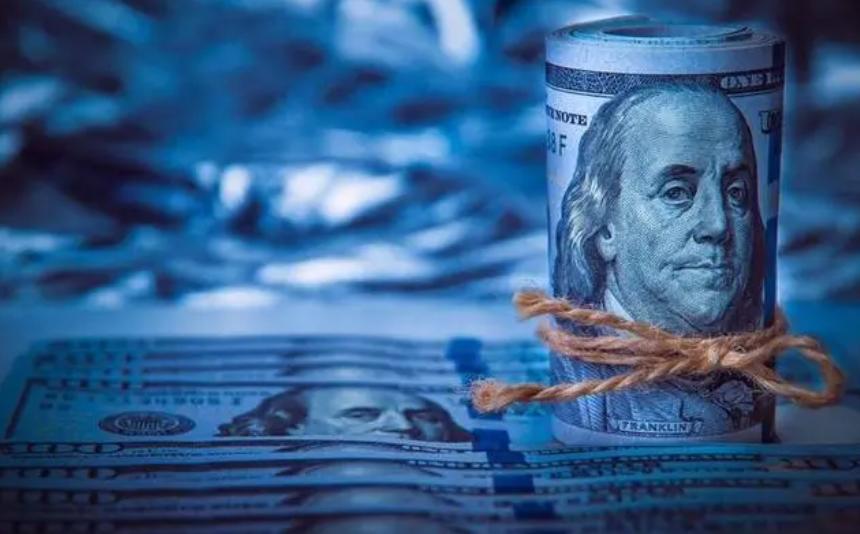
The US dollar is one of the world's most important reserve currencies and international trading currencies. Many countries, businesses, individuals, and others trade, invest, and reserve assets in dollars. Therefore, the adjustment of US monetary policy has a direct impact on global capital flows, exchange rate fluctuations, and financial market stability. The Fed usually raises rates when the economy is overheating and inflationary pressures are building. By raising the federal funds rate, the Fed hopes to curb excessive consumption and investment demand, slow inflationary pressures and stabilize economic growth. In recent years, the Fed has been driven by a recovering economy, an improving job market and rising inflation expectations.
For investors to plan properly in financial markets, it is important to understand what the impact of the Fed's rate hike will be. One is the impact on the economy, the Fed's rate hike usually means that monetary policy is tightened and the money supply is reduced, which may have a negative impact on economic growth. Higher interest rates can slow economic growth by increasing borrowing costs for businesses and individuals, discouraging investment and consumption. Higher interest rates will lead to higher debt costs, and the debt burden of enterprises and individuals will increase. This could cause severe financial stress for those entities that already have high debt loads and could even trigger default risks. Although the original intention of raising interest rates is to control inflation, too high an interest rate can lead to a recession, and instead make inflationary pressures rise. That's because a recession can lead to supply chain disruptions and increased production costs, which in turn can push up prices.

The second is the impact on the financial market, interest rate hikes usually lead to a decline in the stock market, because the rising cost of loans will increase the financial pressure of enterprises and individuals, reduce profitability, and thus affect the performance of the stock market. In addition, investors may seek safer ways to invest, such as bonds, because of higher interest rates, thereby reducing their exposure to stocks. At the same time, higher interest rates raise bond yields because bond prices move inversely to interest rates. However, it could also lead to increased volatility in the bond market as investors need to reassess the value of bonds. By raising interest rates, the Fed will attract international investors to move their money to the United States for higher returns, causing the dollar to appreciate. Such inflows increase demand for dollars, pushing up the price of the greenback. At the same time, other countries' currencies could depreciate, with implications for global economic and financial stability.
The third is the global impact, the Fed's interest rate hike will exacerbate the instability of global capital flows. International investors are likely to pull their money out of emerging market and developing economies en masse in pursuit of higher returns. This could lead to financial market shocks, currency devaluations and even economic crises in these countries. Higher interest rates would increase debt servicing costs for emerging market and developing economies, exacerbating their risk of capital outflows. These countries may need to follow the Fed in raising interest rates to stabilize exchange rates and financial markets, but this will put more pressure on their economic growth. As one of the largest economies in the world, the change of the monetary policy of the United States has an important impact on the global economic recovery. A Fed rate hike could dampen global growth, especially for countries that rely heavily on the U.S. economy.
To sum up, the Fed's rate hike will have multiple effects, including slower economic growth, higher debt burdens, rising inflationary pressures, financial market volatility, and uncertainty about global capital flows and economic recovery. Therefore, in this case, do not blindly invest in financial management, steady the pace of first observation, waiting for the right time to enter. At the same time, central banks and investors need to pay close attention to the policy moves of the Federal Reserve and changes in economic data in order to formulate appropriate monetary policy and investment strategies to address potential risks and challenges.

The United States announced on Monday its commitment to provide 1.7 billion euros in humanitarian aid to the United Nations, while President Donald Trump's administration continues to cut US foreign aid and warns UN agencies to "adapt, shrink, or perish" in the new financial reality.
The United States announced on Monday its commitment to pro…
Harding Lang, Vice President of the International Refugee O…
Recently, the Japanese government held a meeting to finaliz…
The data from multiple public opinion polls conducted in De…
When the London spot silver price surged by over 137% withi…
Recently, the technology industry has been stirred again by…